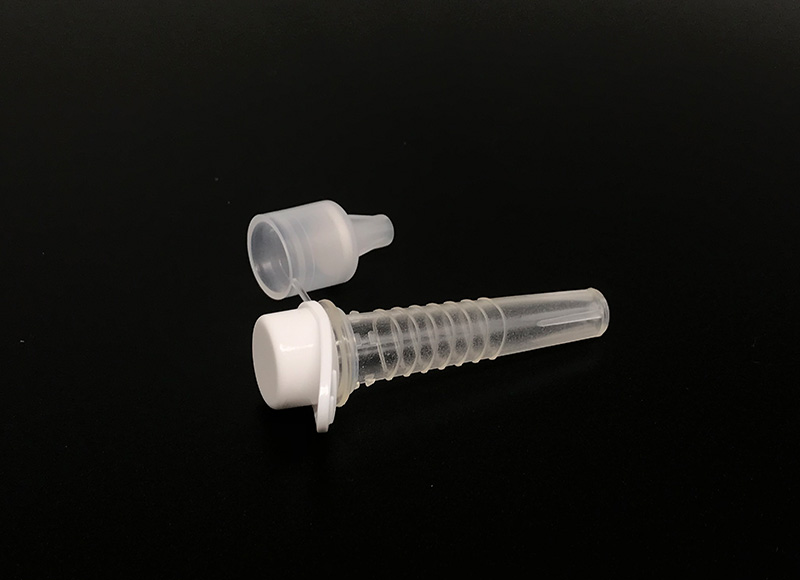

With the development of high-tech biology and medical t […]
With the development of high-tech biology and medical technology, the demand for reagent bottles continues to rise, resulting in a large number of discarded reagent bottles. Most of the reagents are flammable and explosive, so how to deal with the used reagent bottles and waste liquid?
Disposal of discarded reagent bottles:
1. Recycling of reagent bottles requires clean, clear labels and no residue;
2. Laboratories and scientific research institutions should designate a special reagent bottle storage place, and uniformly record, store and recycle the reagent bottles used;
3. The reagent bottles need to be cleaned before recycling, and the waste liquid generated from the toxic and harmful reagent bottles should be recycled according to the laboratory waste liquid recovery method;
4. When the reagent bottles have accumulated to a certain number, they should be transported to the reagent bottle recovery center for centralized treatment.

Chemical waste treatment:
1. The toxic and hazardous waste liquids and wastes generated by the actual and experimental waste chemistry of the chemical laboratory cannot be poured into the sewer at will, and can be discharged after being neutralized and meeting the waste liquid discharge requirements.
2. Other inorganic waste liquid should be pretreated to precipitate harmful substances, and the waste liquid should be discharged after meeting the discharge requirements.
3. The waste liquid containing silver, chromium or other precious metals and heavy metals should be stored separately, recycled and reused as much as possible, and should not be discharged at will.
4. Chemicals and first-class flammable chemicals that are prone to chemical reactions, unstable, decomposable and deteriorated in damp or water, should be registered in advance for centralized processing.
It is the joint responsibility of every laboratory and scientific research institution to formulate corresponding management systems for discarded chemical reagents and reagent bottles, do a good job of disposal, and prevent secondary pollution to the environment.